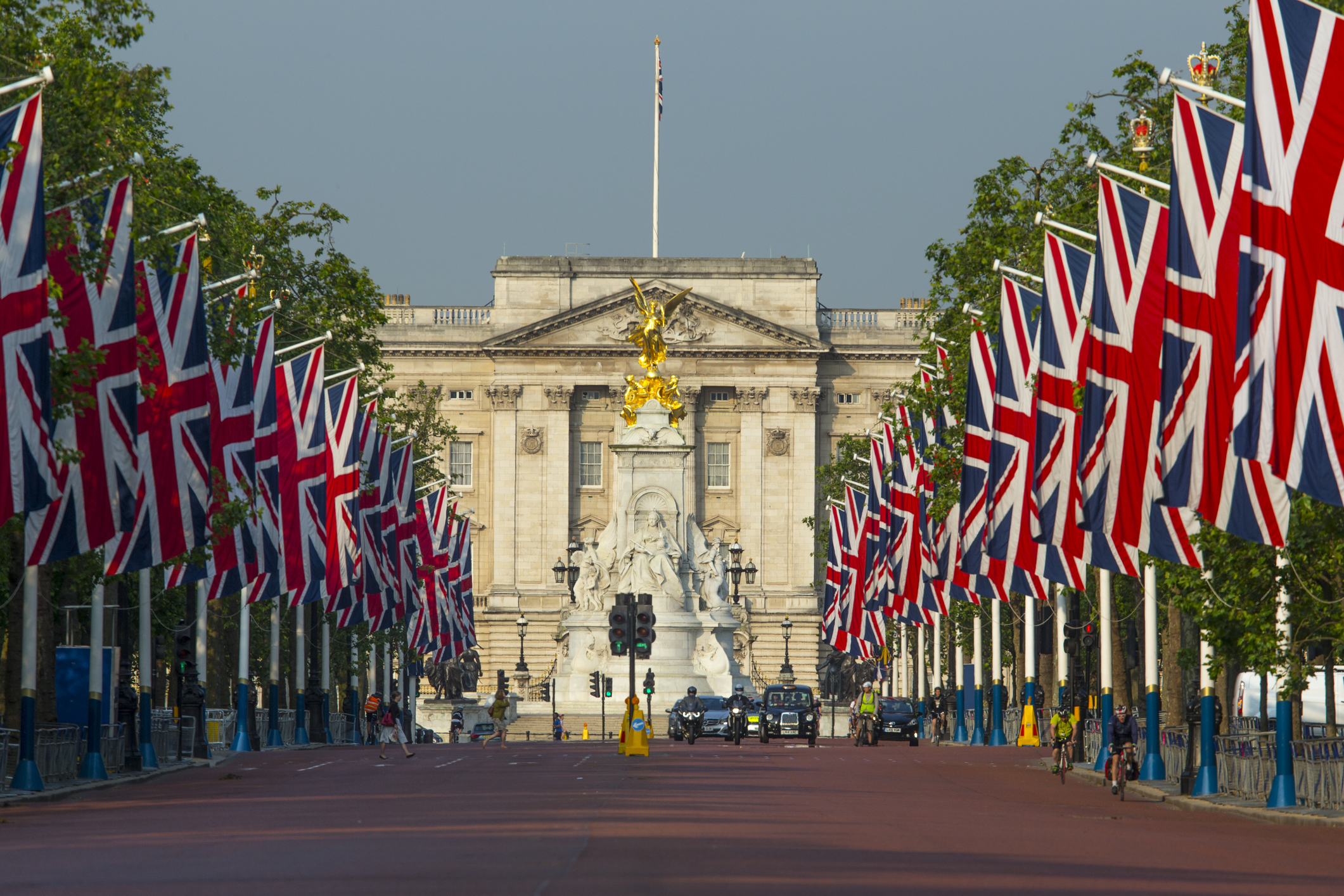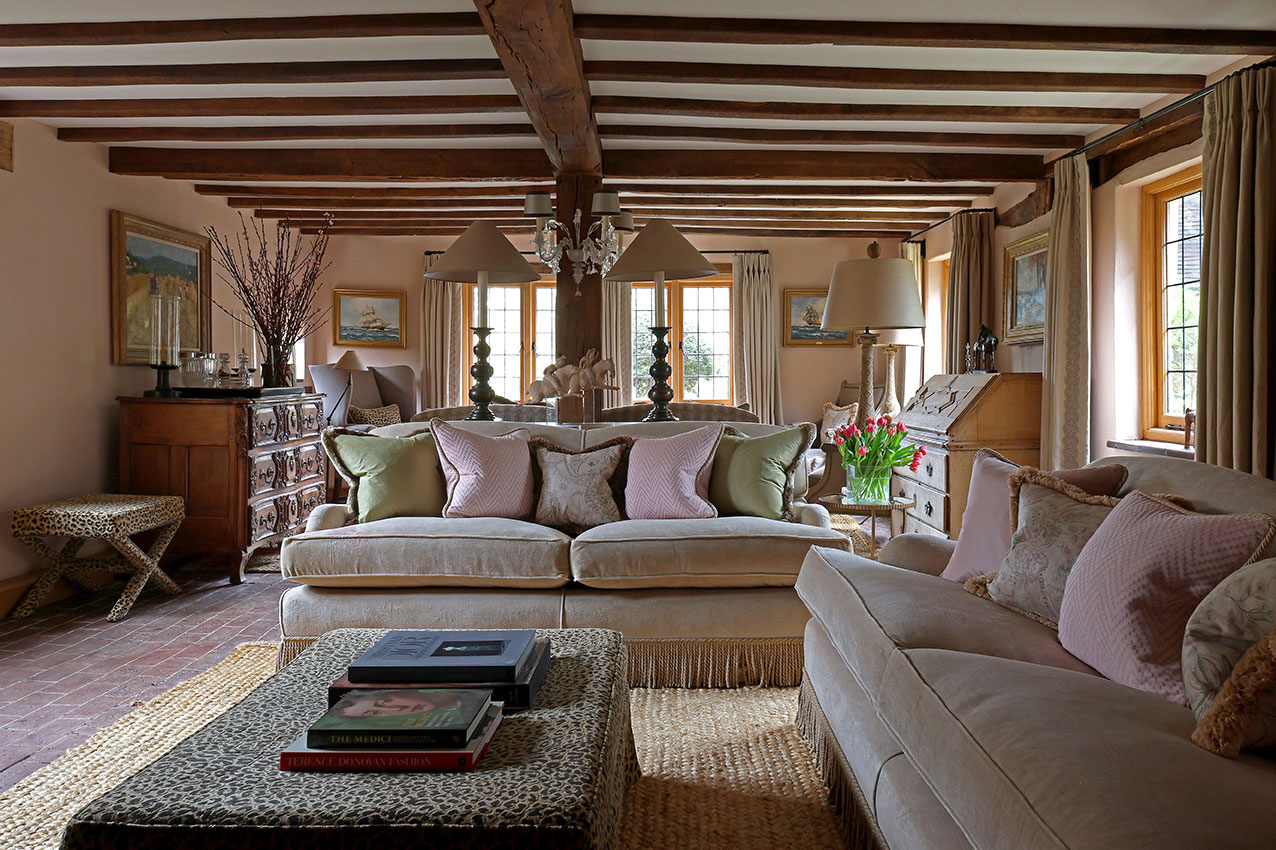'I didn't realise quite what we were getting into': how to make cheese in Norfolk and what it says about us
Patrick Galbraith visits a cheesemaker in Norfolk and leaves wondering what 'a hard day's work' really means.
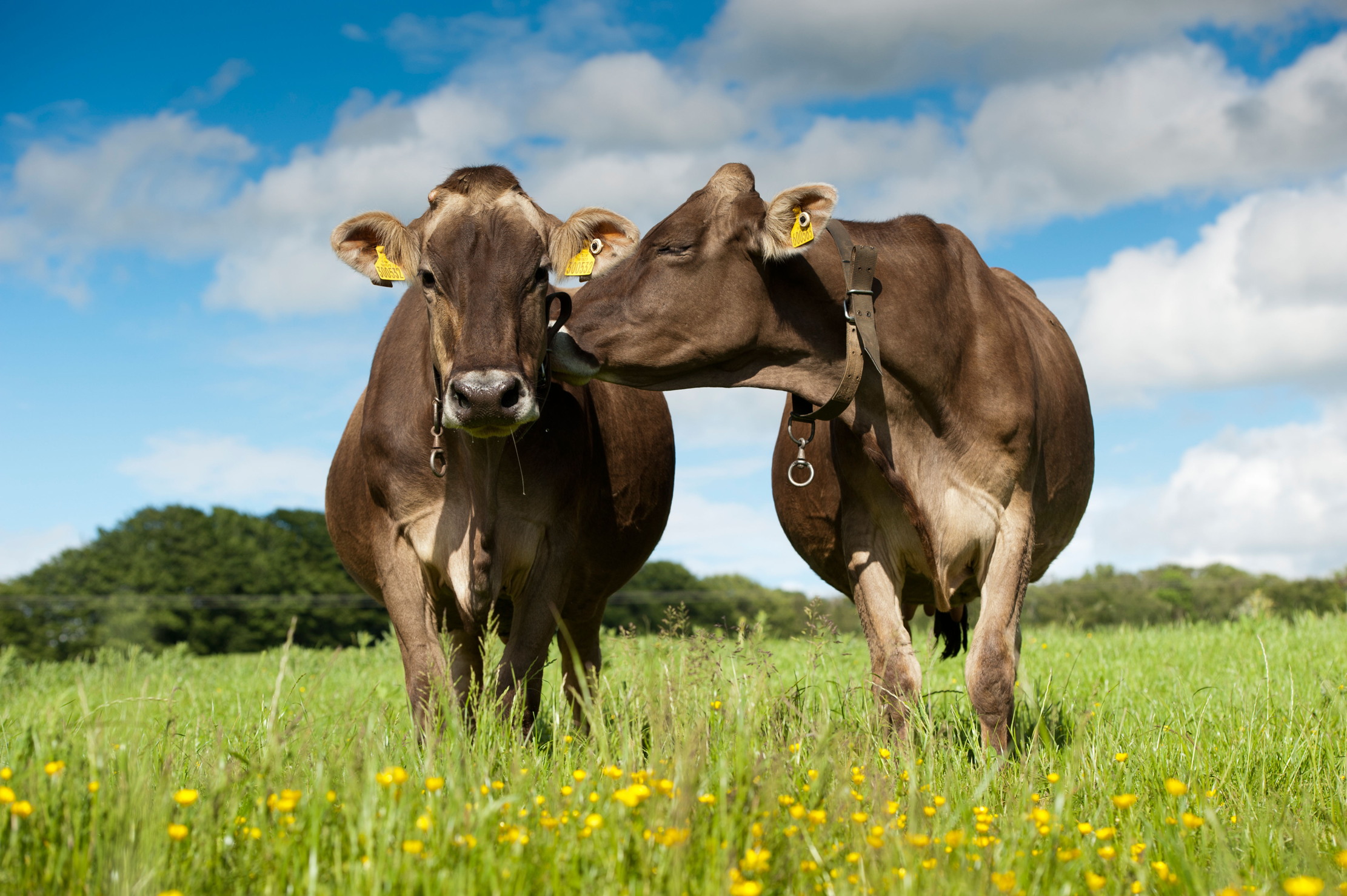
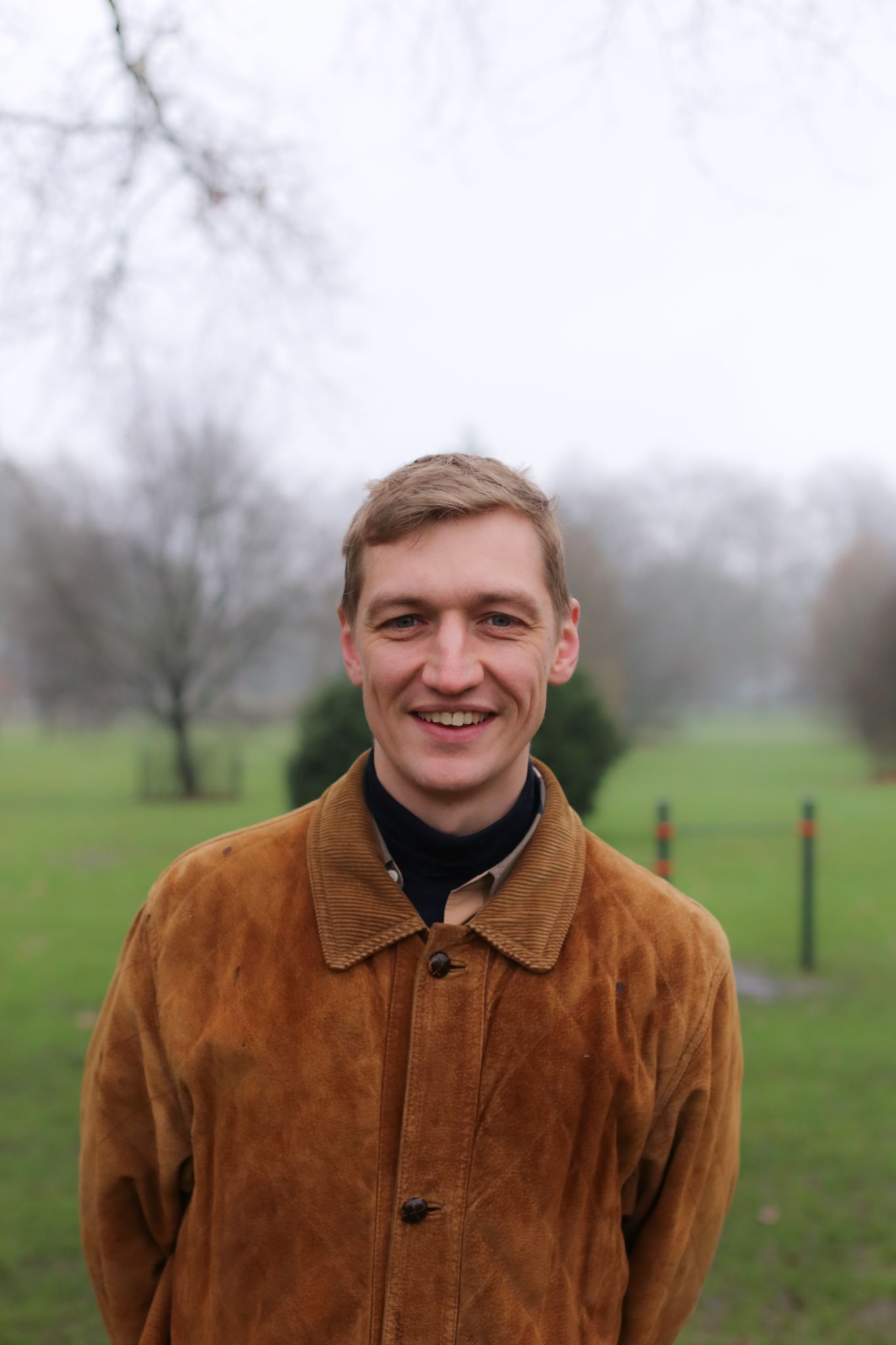
I’ve been a fan of Mrs Temple’s Binham Blue cheese (Norfolk’s only cow’s-milk blue cheese) for some time and often pass her Brown Swiss cows on the way to the beach. She replied to my email almost instantly. It would be a pleasure, she confirmed, to talk cheese. Catherine Temple and her husband, Stephen, had been working abroad and they realised, on returning to Stephen’s family farm some 20 years ago, that things were going to be difficult. They had plenty of land, plenty of cattle and plenty of milk, but there was no money in it and the future was uncertain.
Mrs Temple, who is originally from Nottinghamshire — ‘Colwick country,’ she said proudly — feels that Britain is broken up not into counties, but into patches associated with certain cheeses; she looked around Norfolk and realised that almost nobody was making good cheese — probably because there was no money in dairy, so people had sold their herds and ploughed up their pastures.
Mrs Temple's Cheese began in the kitchen of their 17th-century farmhouse. They’d make a handful of cheeses and sell them at the local market. Now, they make 32 tons a year. ‘I didn’t realise,’ she explained, as I put on my white coat and hairnet, ‘quite what we were getting into.’ Cheese dominates every bit of her life. Each holiday is part opportunity to learn more about cheese. A trip to Switzerland inspired the ‘Wells Alpine’ — we were surrounded by stacks of the beautiful yellow wheels — which takes about six months to mature.
Dairy farming is often criticised for being environmentally harmful, but the Temples use slurry and waste whey to fuel an anaerobic digester that provides all the electricity for the farm, as well as reducing run-off into the River Stiffkey, a chalkstream with a good sea-trout population that meanders through their land.
'In city offices, some workers can go home early to enjoy the sun. In the countryside, they make the most of the extra daylight hours'
Not all of their milk goes into cheese; some is sold to Arla — a business decision. Cheese-making — no matter how careful you are — is risky and, in spite of all the rigid precautions, a small number of people might get ill due to things such as E coli. Mrs Temple's food hygiene standards are rigorous, with another motivation being that she is providing employment for people in a place where, in spite of tourism, it’s much needed. If they had to pause production, Norfolk families would be out of jobs.
It’s about passion for cheese and passion for farming, but also a sense that it’s about hard work, which seems to be increasingly rare. A friend is going to leave the private sector for the civil service. The money’s no good, he explained, but it’s flexible and he isn’t going to have to go into the office much. ‘Brilliant,’ I thought, ‘just what the country needs.’ Meanwhile, at Mrs Temple’s, they’re on their feet from dawn till dusk, lugging buckets and cleaning endlessly.
People like to talk about the urban/rural divide and it’s easy to be sceptical about it. I’m just as happy eating cheese in a Soho restaurant as I am eating the same cheese in a Norfolk pub, but the two spheres are diverging in terms of appetite for hard work. In city offices, some workers can go home early to enjoy the sun. In the countryside, they make the most of extra daylight hours.
Sign up for the Country Life Newsletter
Exquisite houses, the beauty of Nature, and how to get the most from your life, straight to your inbox.
At the farm, they were packing up blue cheese for a competition (they’ve won numerous awards). ‘Send them some with nice veins in it,’ Mrs Temple told her dairy manager. Who knows how they’ll get on, but they couldn’t be trying any harder.

Patrick Galbraith: The best sport in life is free
Patrick Galbraith's trip to the Isle of Lewis shows him a new perspective on how to land a bird for
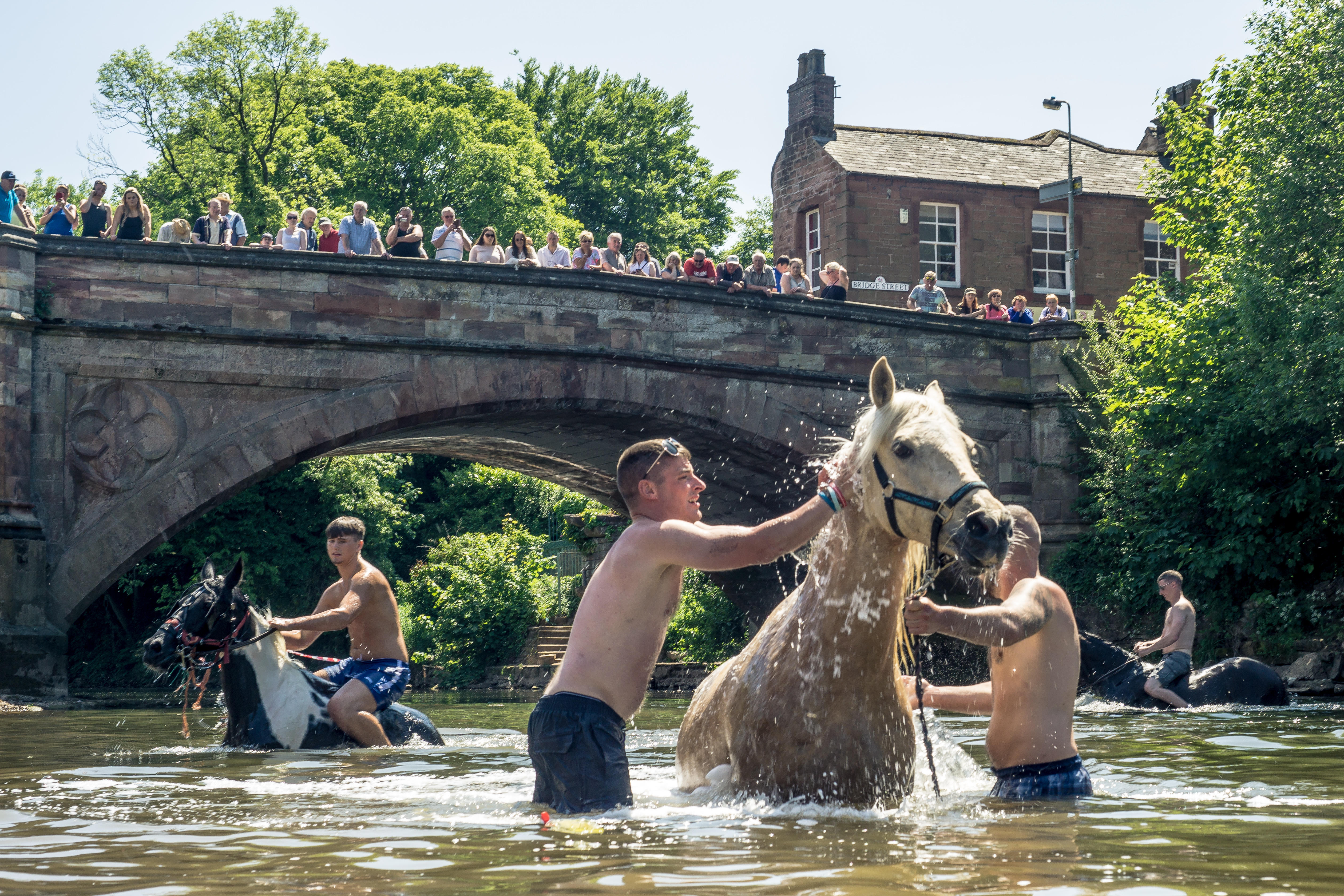
Patrick Galbraith: 'The man had a blood blister on his lip, a gold earring and a Jack Russell in a crate in a pushchair. "The wife’s," he said, noticing me looking at the dog'
Anyone who laments a lack of tolerance in the country ought to visit the Appleby Horse Fair, says Patrick Galbraith.

Credit: Getty Images/iStockphoto
Patrick Galbraith: 'And so I found myself totally naked, walking 12 miles with a bunch of IT consultants, retired teachers and a Frenchman in a little red hat'
Can you truly understand the countryside if you've not walked through it in the nude? Well, probably, but our columnist
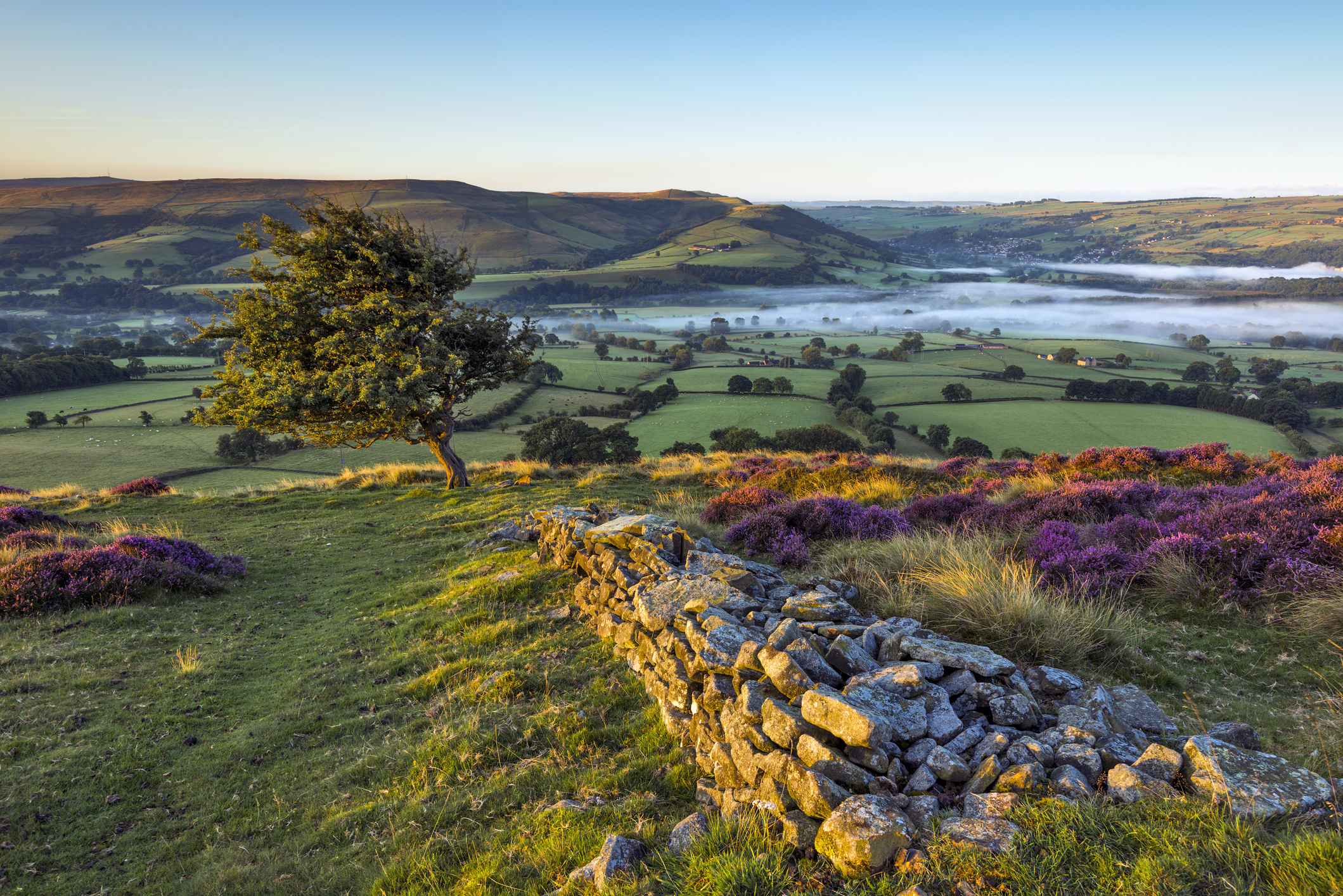
Credit: Getty Images
Patrick Galbraith: 'We both agreed that, regrettably, adulthood is merely a series of youthful illusions being shattered'
Patrick has been rubbing shoulders with communists, publishers, New York Times writers and alumni of Cheltenham Ladies' College — and sometimes
Patrick Galbraith is an author, journalist, former editor of Shooting Times, and a regular contributor to Country Life.
